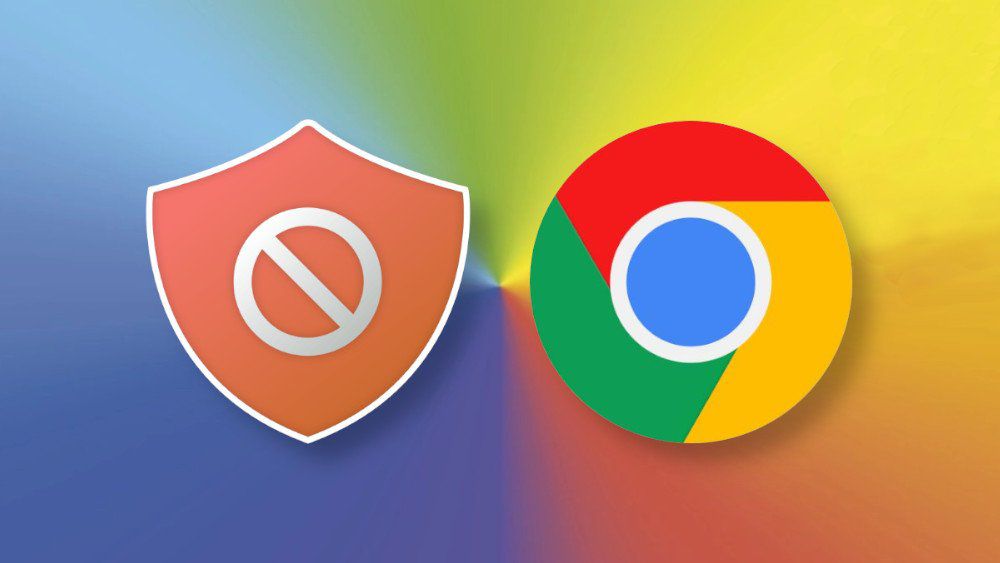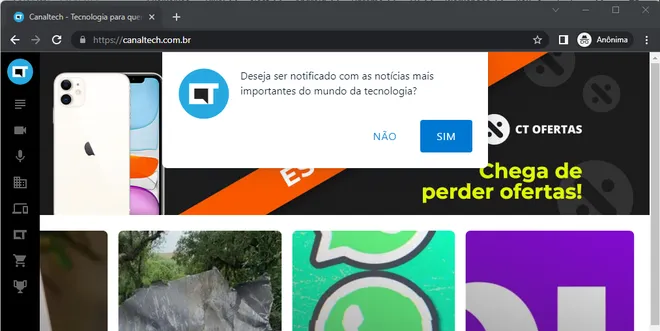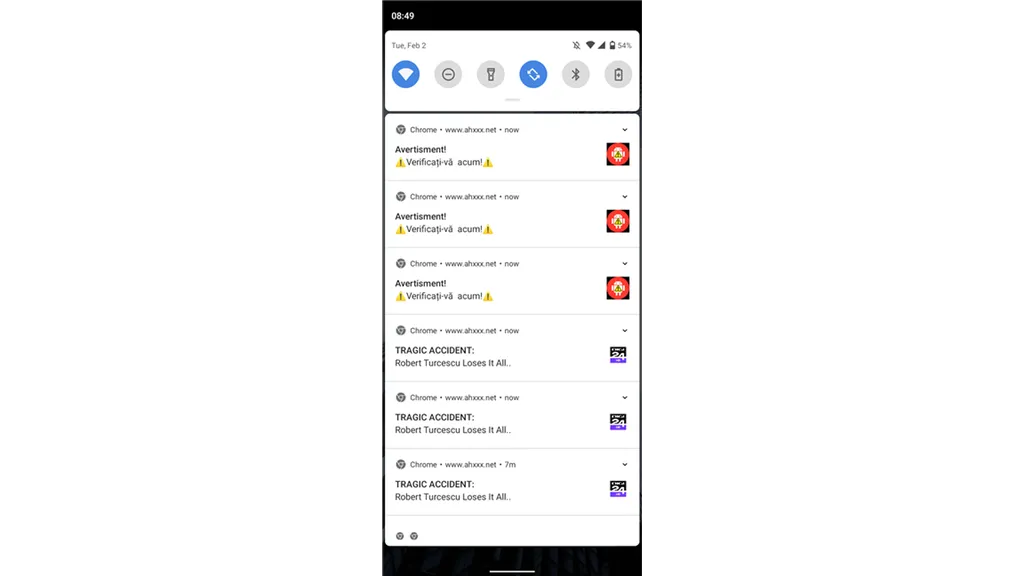will block notifications from sites that abuse the feature

Google wants to reduce receiving unwanted notifications from websites accessed on Chrome. The authorization to notify you when there is something new has become recurring in recent months when accessing pages for the first time. In many cases, this happens without you having clicked on buttons or even visited the website, which is a huge inconvenience.
- Chrome 102 brings smart button and keyboard tab reordering
- Chrome tests making content feeds optional on Android
Many developers are making these permission requests hidden, embedded in cookie warnings, or mandatory for web application use. The problem when accepting is the flood of messages that constantly arrive at the browser, with notices about new publications or products for sale.

Malicious websites have used this legitimate feature to send spam or attempt to scam users
In many cases, the user mistakenly subscribes to malicious sites or sites designed to spread spam. Aside from the inconvenience, this can lead to infections on your machine/mobile device or theft of confidential data.
Fighting spam
While Google has already made great strides in recent years, with the option to manually mute the notification prompt for abuse sites, there were still loopholes being exploited. Now, the company wants to take an even stronger approach to automatically revoking permission from websites, as well as blocking future attempts to request permissions.
If you mark that a certain dialog box is unwanted, the browser will block it now and forever. It will be possible to undo this in the settings if you did it by mistake, or disable the feature, but the measure aims to offer more protection for people.
According to Google, the measure should not affect the majority of sites that currently work with notifications via Chrome, but it could block the most inconvenient ones. It is not clear how the company will analyze this criterion, nor whether there will be a list of banned sites, but it is speculated that it is related to the number of times it has been silenced.

Many people accept receiving notifications by mistake and end up being bombarded by unwanted content
In fact, there are websites that send so many alerts per day that they end up disrupting your work routine. On the other hand, there is concern that Chrome's effort could impact legitimate sites that just want to alert people interested in the content. Today, the program already performs a type of content moderation through safe browsing features by preventing access to harmful websites.
Violation of terms of service
Google's difficult decision would be based on an alleged violation of developers' terms of service, which restrict the use of Chrome APIs to send spam. But notifications are not made by a specific browser integration, but by an open web standard, so there is a gray area in between.
A Google spokesperson, in an interview with 9to5Google, emphasized the need to protect Chrome users from the growing rise of notification spam on the web. “This feature is focused on solving this problem by ensuring users only receive relevant notifications. We see this work as action on behalf of users to protect their interests and is an intervention that is under the user's control and discretion,” he said.
For now, this is still a feature in development and may take some time to fully roll out. There is not even a prediction of which version of Chrome will receive the mechanism. The solution is to wait for developments to find out when people will have this protection system.





